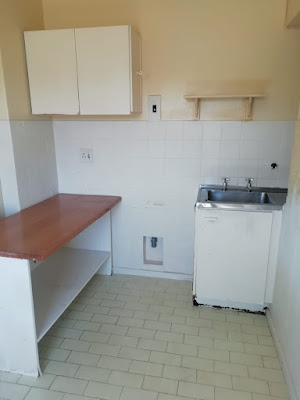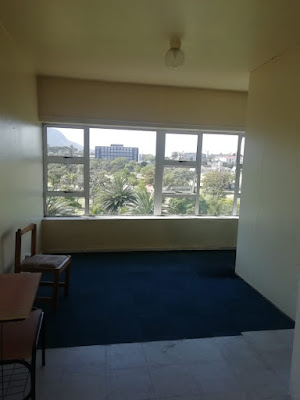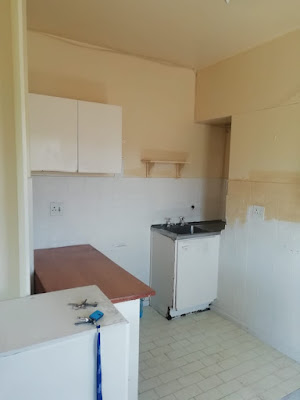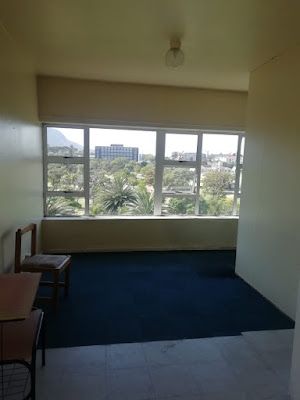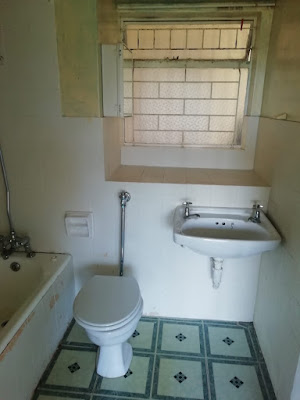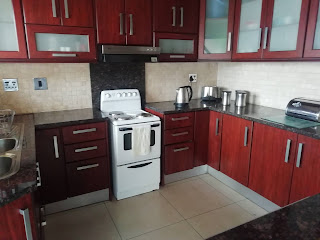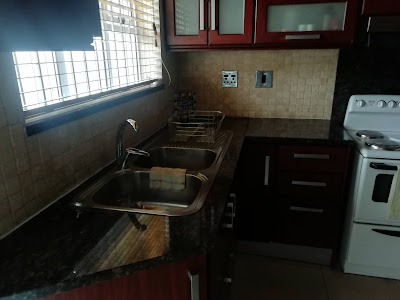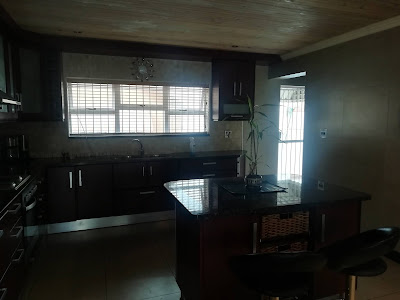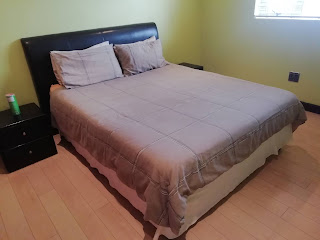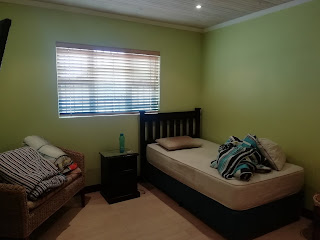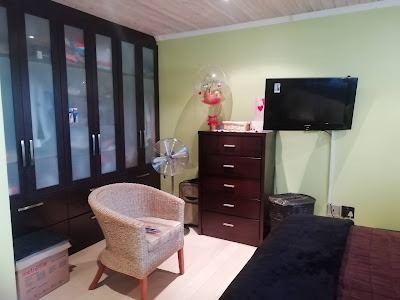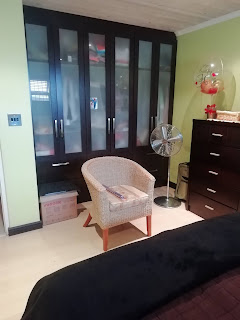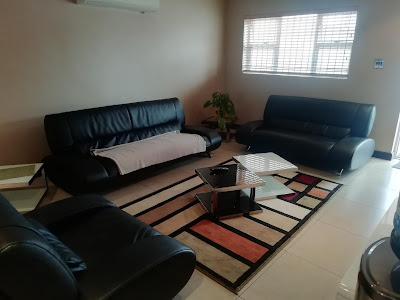Will Cape Town property prices keep rising in 2026?
Short answer: Most likely yes, but not everywhere and not as fast as some recent years. Cape Town’s market is being pulled in two directions — strong, persistent demand (especially at the top end and in lifestyle suburbs) versus affordability, interest-rate and supply pressures that will slow headline growth. Below I unpack the drivers, the risks, the likely scenarios for 2026, and what that means for buyers, sellers and investors — in plain human terms.
The bullish case — why prices should keep rising
-
Demand is still strong, especially for prime and coastal suburbs. Cape Town remains a top destination for domestic movers, foreign buyers, retirees and remote workers who value the climate, lifestyle and services — and that keeps upward pressure on prices in places like Clifton, Camps Bay, the Atlantic Seaboard and well-located family suburbs. This premium demand has been obvious in listings and sales volumes.
-
Inventory is tight in many desirable pockets. Where supply is scarce (sea-facing plots, well-located renovated homes, sectional title lock-ups), competition keeps prices rising even if the broader market is calmer. Developers and investors also keep buying up trophy stock, supporting values in those segments.
-
Macro tailwinds could help — if rates ease. If the SARB continues to cut or maintain more buyer-friendly rates and inflation stays under control, mortgage affordability improves and marginal buyers return. Several analysts expect constrained but positive price growth nationally into 2026.
The bearish case — what could slow or stop growth
-
Affordability is a real limit. As prices rise, first-time buyers and middle-income households are priced out. Even modest interest-rate increases or stagnant wages reduce the pool of qualified buyers, slowing sales and taking the heat off prices in middle and lower segments.
-
Interest-rate risk and the wider economy. If South African or global inflation spikes, or if the central bank delays cuts, borrowing costs will remain elevated and more buyers will pause or downscale — that knocks demand and price momentum. FNB and other commentators expect headline house-price growth to moderate approaching 2026.
-
Local constraints and infrastructure pressure. Rapid price rises — especially driven by migration to Cape Town — strain services (roads, water, sewage, schools). If those bottlenecks worsen, desirability could fall for some suburbs and buyers may look elsewhere or wait. Recent coverage shows the city managing larger infrastructure projects but also facing real strain.
Where growth will be strongest — and where it won’t
- Likely to outperform: Atlantic Seaboard, Clifton, Camps Bay, Fresnaye, well-connected City Bowl pockets, and newer precincts near waterfronts or mixed-use developments. These areas attract higher-net-worth locals and foreigners who are less rate-sensitive.
- Likely to be weaker or flat: Suburbs heavily dependent on lending to first-time buyers, large peripheral estates with weak amenities, and locations with recurring municipal service problems. Expect slower, patchy recovery here.
Reasonable scenarios for 2026
- Base case (most likely): Modest positive growth — ~3–6% nationally for 2026, with Cape Town slightly above or around that range in aggregate because of concentration in prime suburbs. This assumes stable-to-slightly-lower interest rates and continued inward migration.
- Optimistic case: If the rand weakens further making Cape Town attractive to foreign buyers, and if interest rates fall faster than expected, some prime pockets could see double-digit growth while the rest of the market posts mid-single-digit gains.
- Pessimistic case: If the economy weakens, inflation re-accelerates, or rates rise again, growth could be low or flat (0–2%) in many segments and falling in the most rate-sensitive submarkets.
Practical takeaways: what buyers, sellers and investors should do
- Buyers (first-time / owner-occupiers): Focus on affordability and long-term needs. If you plan to stay 7–10+ years and can afford the bond comfortably even if rates tick up, buying still makes sense — especially in well-located suburbs with schools and service reliability. Get pre-approval, don’t stretch to the max, and prioritise location over cosmetic features.
- Buyers (investors): Look for rental yield + capital growth balance. Prime areas give capital security but lower yields; inner-city and emerging nodes can give better yield if you manage tenant demand and risk. Study vacancy trends and amenity access before you buy.
- Sellers: If you’re in a hot pocket (sea-view, prime suburban node) you may still get strong prices — but be realistic and price competitively. If you’re in a rate-sensitive segment, consider staging improvements that increase perceived value (safety, energy efficiency, good broadband) rather than expensive renovations that buyers won’t pay for.
- Investors/Developers: Land and sectional title in constrained coastal suburbs remain attractive, but watch rising build costs and approvals lead times. Consider mixed-use or smaller-unit developments where demand from single professionals and downsizers is strong.
What to watch in 2026 (the indicators that matter)
- SARB policy and interest-rate guidance — moves here change affordability immediately.
- Deeds-office sales numbers and inventory on the market — rising stock + slower sales = cooling prices.
- Migration patterns (Gauteng → Western Cape) and international buyer activity — these drive the premium segments.
- Local service delivery & infrastructure projects — big upgrades can sustain demand; failures can depress some areas.
Final thought
Cape Town is unlikely to return to the runaway growth of some previous years across the whole city in 2026 — but pockets will keep outperforming. Your position in the city, your time horizon and how interest rates move will determine whether you win or lose. Treat the city like many markets: location + timing + cashflow = success.
Lake Properties Pro-Tip
If you’re buying or selling in Cape Town in 2026, lean on local on-the-ground data — recent sold prices (deeds office), days-on-market, and agent feedback for the exact suburb and street. Prime coastal suburbs can behave completely differently to the rest of the metro — so don’t generalise. A smart seller prices to the market; a smart buyer knows the walkaway price and secures pre-approval.
If you know of anyone who is thinking of selling or buying property, please call me
Russell
Lake Properties
www.lakeproperties.co.za
info@lakeproperties.co.za
083 624 7129

















